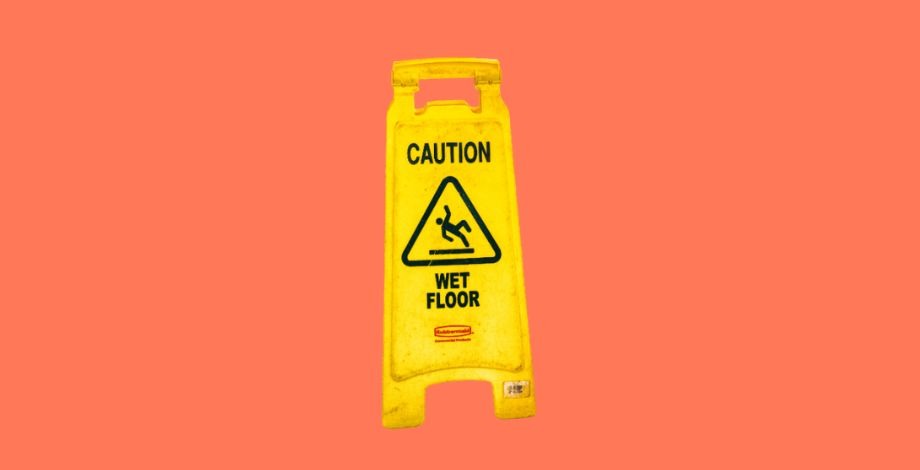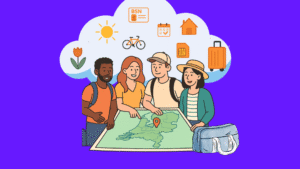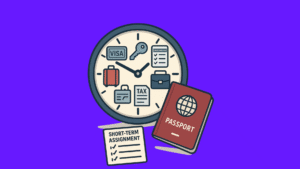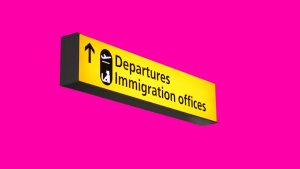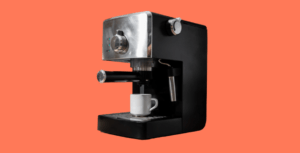Worldwide, scam methods have improved and become more sophisticated over time. What’s worse is that scammers can contact you through many channels these days, from texts, calls, emails, and mail to social media channels. Therefore, wherever you are, it’s important to recognize some of the signs of a scam so you can take the necessary action.
In this post, we’ll address the different ways you can spot a scam while in the Netherlands and how to go about it through the proper channels.
The Four Signs of a Scam
-
Scammers pretend to be from an organization you know
Scammers will often contact you on behalf of governmental agencies like the police (politie), your local municipality (gemeente), My Government platform (MijnOverheid), and the tax authorities (belastingdienst) among others.
During the holiday season, when online shopping is popular, scammers may try to reach out to you as courier services, parcel deliverers, or bank representatives to verify purchases.
-
Scammers claim there is an urgent problem
Scammers will often approach you with an urgent claim and stories about how you’re in trouble or approaching or passing a deadline, offering to secure your fund or account information by verifying your citizen service number (BSN) or bank information.
-
You’re pressured to act immediately
Hoping you’ll act fast before you pause and think, scammers will go as far as threatening to arrest or sue you. If you’re on the phone with a scammer, they might stall and keep you from hanging up the phone before you provide personal details such as your BSN number, date of birth, or bank account number (IBAN).
-
Scammers tell you to pay in a specific way
Scammers will often insist you transfer funds through a specific method or money transfer service in order to secure the transaction with them.
Additional tips on how to spot scams
If an email claims to be from an official agency, business, or even someone at your work, always make sure to check the sender’s email address, not just their name, as that’s customizable. The email address should not include a free email service like Hotmail, Yahoo, or Gmail, for the email address that appears after the @ sign. The email address should correspond to the organization’s official website.
Complete a quick Google search on the name of the organization attempting to contact you and look for their official website, email addresses, personnel, and phone number. To be extra secure, when in doubt, you can even call their official phone number for verification.
Always check for spelling and grammar errors as tell-tale signs of fraudulent email. Additionally, use Google to research the person attempting to contact you, or the company name followed by the word ‘scam’ to see if anyone has reported any suspicious activities connected to those names or companies recently.
What should you do if you receive a scam call?
- If you receive a spam call, hang up and block the number. Authorities won’t call or text requesting personal info.
- Don’t provide personal or financial information such as your BSN, bank account, etc. in response to an unexpected request.
- Never open attachments or click on links in emails or text messages if you’re unsure about the sender.
- Resist the pressure to act immediately. Discuss with someone you trust and do your research before reacting.
- Use different passwords for logging in to online services and set up two-factor authentication where possible as an extra layer of security.
- Platform and process permitting, try to utilize your DigiD app as a secure method for logging in and setting up certain governmental processes.
What to do if you already shared information with scammers?
It happens, and the best approach to this is to report the fraud as one should with any crime and as soon as possible. For the Netherlands, depending on the fraud you’ve experienced, you can report it to the following authorities:
The Central Reporting Center for Identity Fraud (CMI)
Fraud Helpdesk
Immigration-Related Fraud (IND)
Internet Scams | Filing a police report
Anonymous Report
If you’ve recently moved or planning to relocate to the Netherlands, don’t hesitate to contact us, your local destination service provider and global mobility partner as your local and friendly experts on everything relation related!

